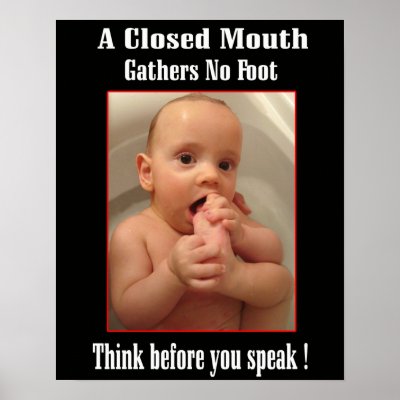Casino chief: Jobs on the way
PLYMOUTH — Stephen Crosby, chairman of the Massachusetts Gaming Commission, assured representatives of the state's labor and trade unions Wednesday that 10,000 construction jobs are coming as quickly as possible.
Crosby was guest speaker at the Massachusetts Building Trade Council AFL-CIO Annual Convention at the Radisson Hotel in Plymouth. The commission is moving as quickly as possible while trying to balance the importance of having a transparent, ethical process the public can trust, he said.
The gambling industry in Massachusetts is also expected to create 10,000 permanent jobs and generate as much as $500 million in additional tax revenue. The commission has been criticized for moving too slowly in the licensing process and Crosby acknowledged that unions have been among the loudest critics.
Only those blinded by the Fools' Gold of Gambling would believe those overstated projections.
Only political hacks repeat them as mantra.
A reasonable person can easily discredit the figures with information from the AGA [American Gam[bl]ing Association] web site.
"We're still going about building an organization from ground, absolute, zero," Crosby said. "We are as committed as we possibly can be to getting this done as quickly as we can get it done, but it has to be done in a way that ensures the quality and integrity of the process."
It is unclear if any of the political hacks involved in this process are capable of defining 'integrity.'
Crosby outlined the timeline for the state to issue licenses, saying the slot parlor, which has four applicants, could be licensed by September, and two casino developers will likely be selected from seven other applicants by this time next year.
"Construction will start, essentially, as soon as the license is awarded," Crosby said.
More complicated, Crosby told the crowd of 100 delegates representing carpenters, iron workers and other trade officials, is the southeastern Massachusetts region where the Mashpee Wampanoag Tribe plans to build a $500 million Indian casino in Taunton.
On March 21, Crosby and the four other commissioners will hold their regularly scheduled meeting at Bristol Community College in Fall River before deciding whether to open the region to competitive commercial bids, allow the tribe to continue with its federal process unchallenged or a combination of the two.
"I don't know if we'll make a decision on the 21st, but we'll have a very thorough discussion," he said.
Outside the convention ballroom, Crosby said he and other commissioners remain undecided on how to proceed in the region. In December, they gave the tribe a three-month reprieve, but said they wanted to see progress on a compact between the tribe and Gov. Deval Patrick, as well as steps toward clearing federal land hurdles.
In recent days, both the tribe and Patrick have said a compact, which will spell out what the tribe pays the state in lieu of taxes, is within days of being finalized. The tribe has also released an advisory opinion from the federal Bureau of Indian Affairs that its land application is being considered as an initial reservation under federal gambling laws.
"It was clear (the Legislature) wanted the tribe to have a clear shot at this for reasons, not just for the tribe, but in the best interest of Southeastern Mass. in the long run," Crosby said. "It's also clear they didn't want to wait so long that Southeastern Mass. falls out of bed and doesn't get the benefits for years down the road."
In answering a question from one of the union delegates, Crosby said the governor and Legislature were trying to avoid having two casinos in Southeastern Massachusetts by giving the tribe "a right of first refusal."
Crosby heralded the "robust competition" created by the Massachusetts licensing process in the other regions, but added that five applicants have turned in "lousy" paperwork that has slowed some of the background checks.
Ultimately the competition for the slot parlor and two licenses is expected to benefit workers and the state by producing the most jobs and the most revenue.
"Competition is good," Crosby said. "Competition is what makes people stretch the farthest. Competition is what creates the most jobs."








No comments:
Post a Comment